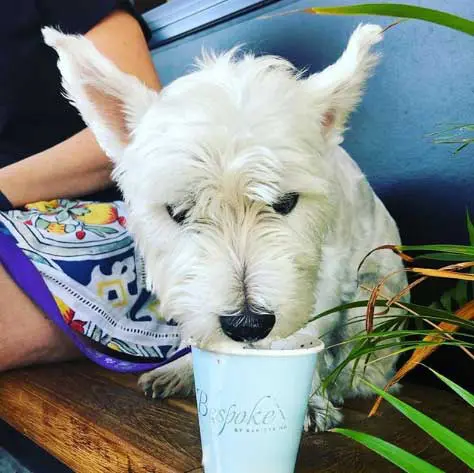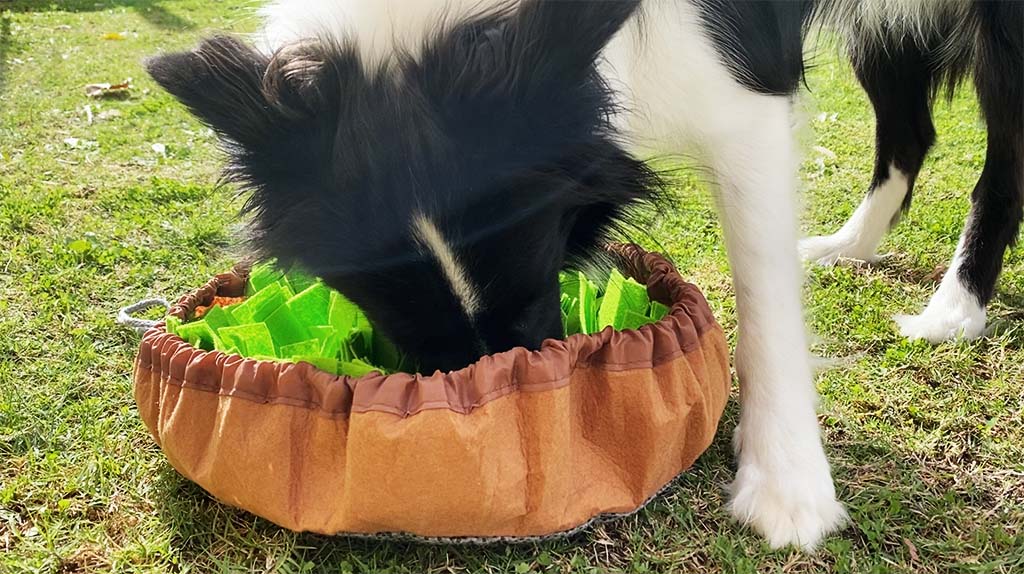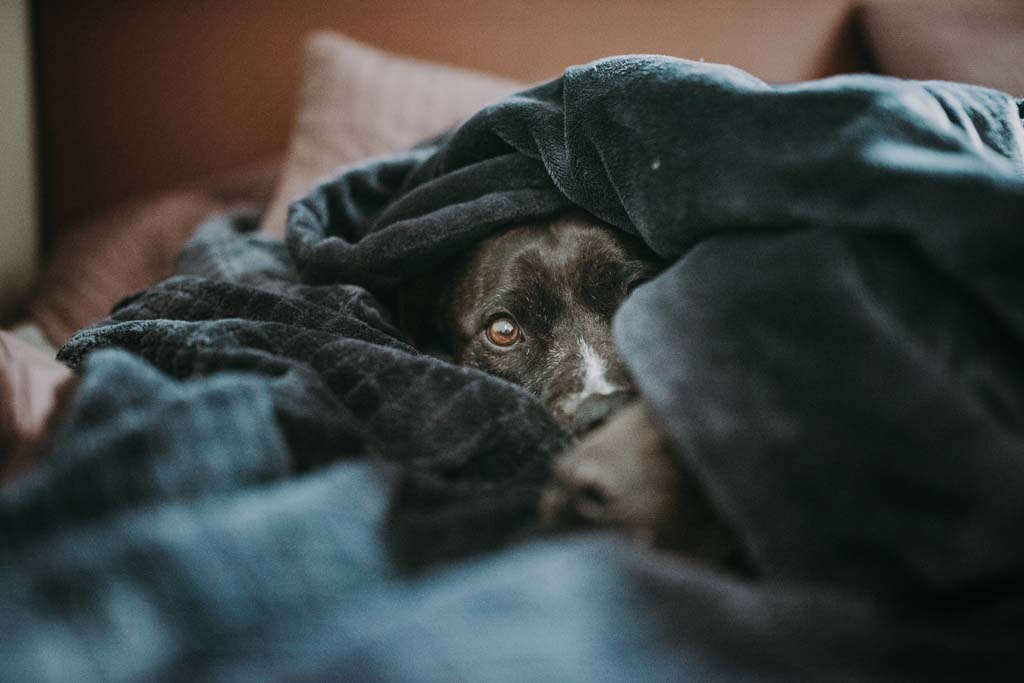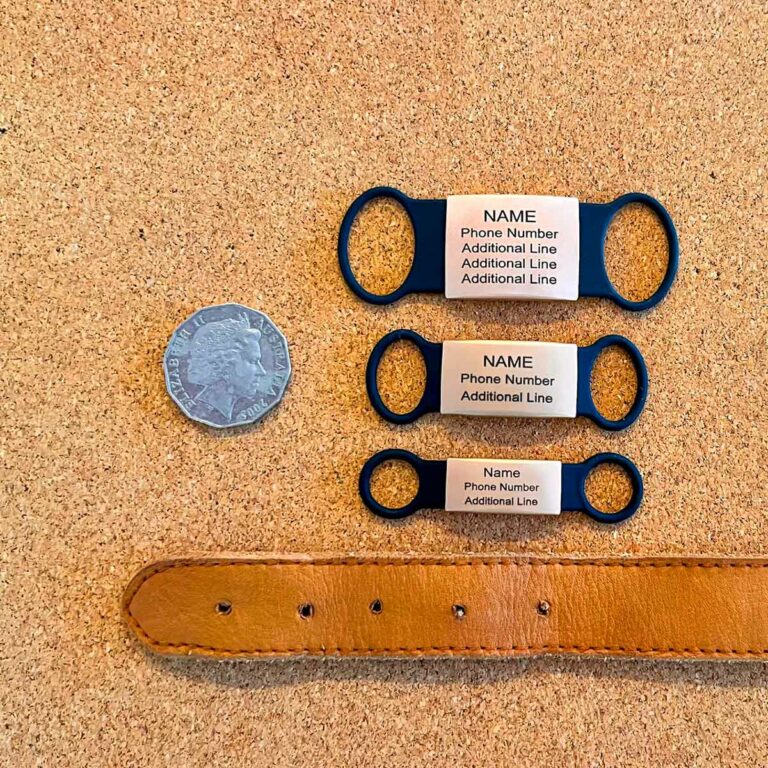Disclosure: Dogs of Australia is reader-supported. When you buy through links on our site, we sometimes earn an affiliate commission at no added cost to you. Learn more
So, similar to deer antlers, goat horns for dogs can be a bit of a controversial topic. Some love them, others advise against them.
In this article, we’ll discuss both the pro’s and con’s of goat horns for dogs, as well as frequently asked questions, so that you can make an informed decision about whether you want to buy them or not.
Table of Contents
ToggleWhat are goat horns for dogs?
As the name suggests, they’re the horns of goats, which are made of a bony core that’s covered by a keratin sheath (the same material that’s found in human nails).
A goat’s horn grows throughout their entire life and never falls off.
So, goat horns for dogs are typically sourced from farm goats for human consumption.

Why are goat horns good for dogs?
Proponents of goat horns for dogs argue for the following benefits:
- 100% natural dog treat
- Helps to clean teeth
- Low/Zero fat chew treat
- Contains natural nutrients and minerals
- Lasts a long time
- Can be filled with meat to make the chew more interesting for your dog
Are goat horns safe for dogs?
Now, here’s where opinions are starting to differ:
The Pro goat horns arguments
Proponents of goat horns will argue that they’re a safe, natural dog chew which will help with the dental care of your dog. They’re also low in calories (unlike other popular chews, such as pig ears), and gnawing them will help remove plaque from your dog’s teeth and keep them clean.
The Con goat horns arguments
Opponents will argue that goat horns should not be given as a dog chew, as there’s a chance that they will damage the dog’s teeth.
As a rule of thumb, they will often advise that all dog chews that are too hard for your fingernail to make a dent, should not be given to dogs.
Can goat horns hurt dogs?
Opponents of goat horns for dogs argue that they’re too hard for the dog’s teeth. Because our dogs have such enormous forces in their jaws, there’s a high risk that the goat horn will cause chipping of the molars (fracture the teeth), which can expose the pulp and lead to painful inflammation.
This is why if you give your dog a goat horn, you should always supervise them while they’re gnawing on it.
Proponents of goat horns will argue that goat horns will not hurt your dog, because their jaw and teeth developed to be strong enough to gnaw through animal bones.
What are the best goat horns for dogs?
If you decide to give your dog goat horns as a natural chew for dental hygiene, it’s best to buy from reputable sources.
For example, WAG (Melbourne, VIC) sells goat horns for dogs and is committed to bringing ethically sourced treats to every dog, and transparent about where they source their products from.
Why do dogs need chew treats?
Over 80% of dogs over the age of 3 experience some form of dental disease. The mechanical abrasion that happens when dogs gnaw on chew treats can play an important role in oral hygiene for dogs. In other words, in preventing dental disease.
You may wish to discuss this topic with your vet to find out how you can best support the dental care of your dog.
For some dog owners, supervised chew-time with goat horns works great. Others may be better suited to softer dental treats (like “Greenies” or “OraVet” chews). Or you may decide to brush your dog’s teeth with a doggie toothbrush and toothpaste (note they’re different from human products).
So, you do have a few options for supporting the oral care of your dog. Have a chat with your vet to discuss which approach will work best for you.
References
- Moment of Science. “What Is The Difference Between Horns And Antlers?”. https://indianapublicmedia.org/amomentofscience/horns-versus-antlers.php
- Preventive Vet. “Potential Dangers of Popular Dog Chews”. https://www.preventivevet.com/dogs/potential-dangers-of-popular-dog-chews
- VetWest. “The Progression Of Dental Disease”. https://www.vetwest.com.au/pet-library/the-progression-of-dental-disease

























